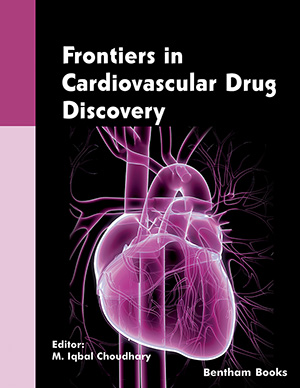
Abstract
Diabetes is known to be regulated by cytokines secreted from Th1 cells, while allergic rhinitis (AR) is mainly regulated by Th2 cytokines. In recent past we have reported the development of diabetes in response to parthinium induced AR to rats. These results were contradictory to Th1/Th2 paradigm which suggests that Th1 and Th2 cells reciprocally counteract each other. Subsequently in silico interactome analysis further revealed that Th2 cytokines may signal to increase the level of Th1 along with the proteins involved in the development of diabetes. In present study we tried to understand the diabetogenic changes on the background of ovalbumin induced allergic rhinitis (OVA). Three groups of seven rats were considered; group I control (Ctrl); group II OVA and group III OVA+L-cetrizine (OVA+ D). The study continued for 48 days and the experiment was terminated on day 49, while L-cetrizine was administered for last 07 days (42-48 days). Group II showed increased levels of Th1 (IL-2) and Th2 cytokines, induction of allergic rhinitis and changes in the proteins involved in diabetes. In group III, most of the changes were reverted back towards normalcy. Induction of allergic rhinitis triggers Th2 cytokines that result increase IL-2 (Th1) and alterations in the metabolic parameters led to the condition of prediabetes.
Keywords: Allergic rhinitis, diabetes, L-cetrizine, ovalbumin.
 10
10






















